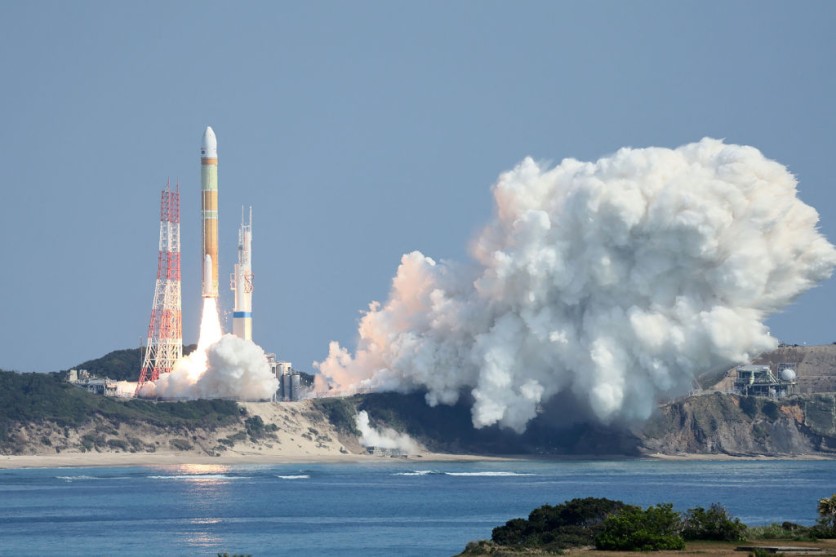
Japan's space agency purposely destroyed a new H3 rocket minutes after its launch on Tuesday, Mar. 7, as its second stage failed to ignite.
Meanwhile, the H3's setback, which occurred three weeks after a failed launch due to an unrelated issue, was already a blow to Japan's space program and its missile detection program.
Failed Test Flight
Southern Japan's Tanegashima Space Center saw the white-headed H3 rocket lift off and fly into the clear sky, much to the delight of onlookers. The second stage split and the flight path was as intended, but the ignition failed, according to the Japan Aerospace Exploration Agency (JAXA).
Officials from JAXA expressed regret for the incident and stated the rocket was destroyed 14 minutes after takeoff as it was impossible to reach its destination.
The second stage and its cargo plunged into the ocean deep off the coast of the Philippines, as per JAXA's director for launch execution, Yasuhiro Funo. He reasoned that the rocket was risky since it would not reach the desired orbit while carrying so much fuel.
There were no recorded casualties or damage as a result of the rocket's demise.
The rocket's payload included an experimental infrared sensor developed by the Defense Ministry that can supervise the military activity, including missile launches. It also carried an Advanced Land Observation Satellite, or ALOS-3, whose primary mission is Earth observation and data collection for relief efforts and navigation.
Katsuhiko Hara, the minister of education, culture, sports, and science and technology, has said there are no plans to launch a new generation of satellites to replace the current ALOS system. Whether or not the delay may impair disaster and missile detection capacity was not addressed.
Restoring Public Confidence
ABC News reported that JAXA officials have said investigating the failure and restoring public confidence are priorities.
During a joint press conference, JAXA President Hiroshi Yamakawa remarked that their first objective is to uncover the reason for failed launch and rebuild the faith in their rockets.
"We need to figure out what we should do to successfully achieve the next launch."
Yamakawa emphasized the need to be globally competitive. Although setbacks like delays and cost overruns are never ideal, he said they are committed to providing satellites that are competitive on a global scale in terms of both price and ease of use.
JAXA and Mitsubishi Heavy Industries spent 200 billion yen ($1.47 billion) developing the H3 rocket, Japan's first new series in 22 years. This will replace the H-2A rocket, which will retire after its 50th flight.
The space launch industry is becoming more competitive, with significant participants such as SpaceX and Arianespace.





